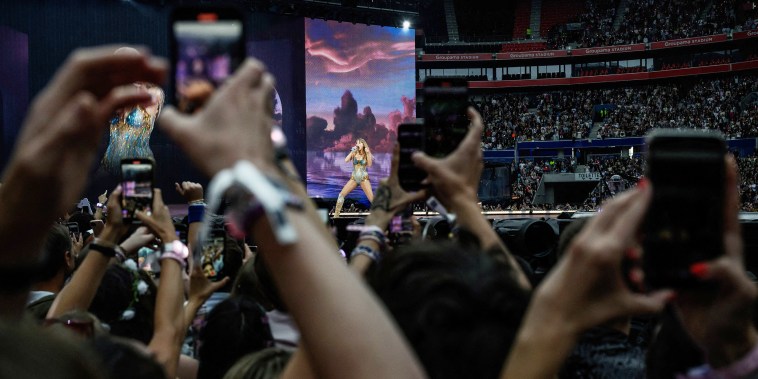
Unleashing the Fun: How Americans are Embracing ‘Funflation’ with Travel and Entertainment
The Current Shift in Consumer Spending: The Funflation Effect
The phenomenon of funflation has emerged as a key driver influencing the spending habits of Americans. This trend, characterized by an increased willingness to allocate discretionary income towards leisure activities, travel, and entertainment, reflects a broader shift in consumer behavior and preferences.
Economic Factors at Play
Several economic factors contribute to the rise of funflation. A strong economy coupled with low unemployment rates has bolstered consumer confidence, providing individuals with the financial stability and optimism to indulge in non-essential spending. Additionally, the evolution of the gig economy and the rise of remote work solutions have granted individuals greater flexibility in their schedules, enabling them to prioritize experiences and leisure over material possessions.
Changing Social Values
The changing landscape of social values also plays a significant role in driving the funflation trend. Millennials and Gen Z, in particular, value experiences over material possessions, seeking to create lasting memories and meaningful connections through travel and entertainment. The prominence of social media further amplifies this trend, as individuals seek to curate and share their experiences with a wider audience, contributing to the perceived importance of experiential spending.
Technological Advancements
The proliferation of technology has also played a crucial role in fueling the funflation effect. The rise of online booking platforms, social media influencers, and personalized recommendation algorithms have made it easier for individuals to discover, plan, and book leisure activities, thereby making experiential spending more accessible and appealing. Additionally, the advent of virtual reality and immersive technologies has redefined the concept of entertainment, offering new and exciting ways for consumers to engage with leisure experiences.
Implications for Businesses
Businesses across various industries stand to benefit from the funflation effect by aligning their offerings with consumer preferences and priorities. Companies that prioritize customer experience, personalization, and convenience are likely to capture a greater share of the growing experiential spending market. Additionally, collaborations with influencers and strategic partnerships can help businesses amplify their reach and appeal to audiences seeking unique and engaging experiences.
In conclusion, the funflation effect represents a notable shift in consumer behavior, driven by economic, social, and technological factors. As Americans continue to prioritize experiences and leisure activities, businesses have the opportunity to adapt and innovate their offerings to cater to this evolving trend. By understanding the underlying drivers of funflation and leveraging them to their advantage, businesses can position themselves for success in an increasingly experience-driven economy.
